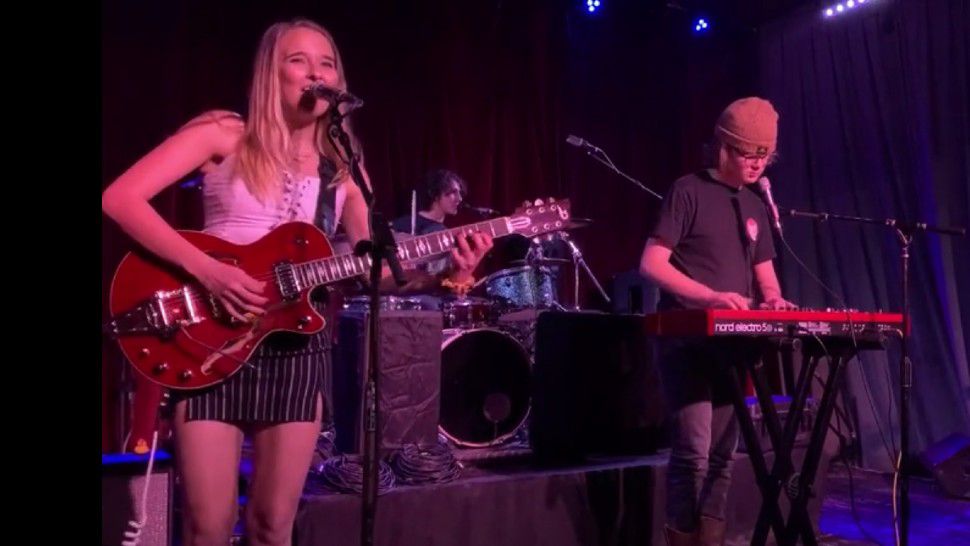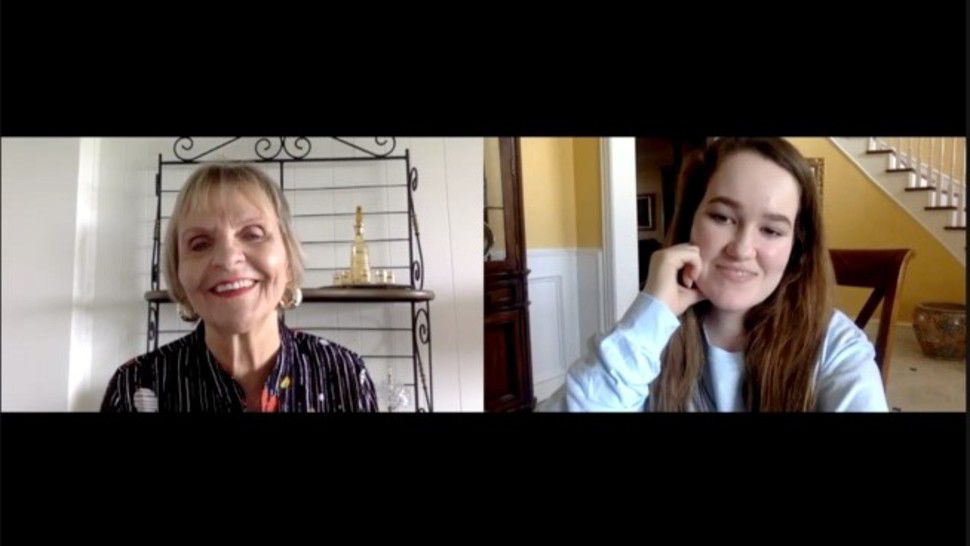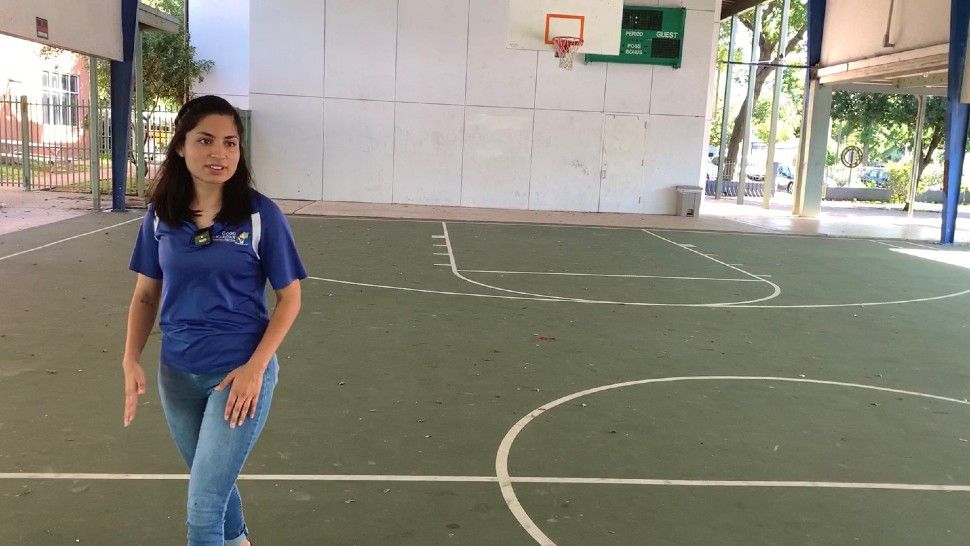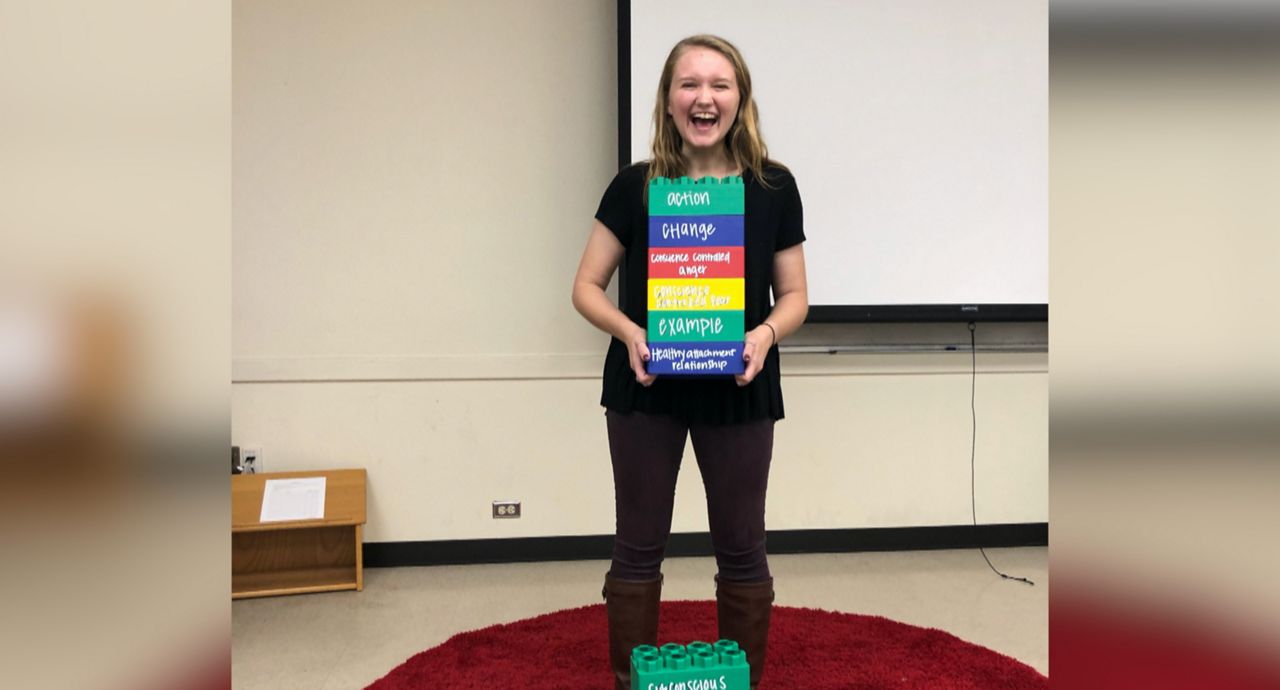SAN ANTONIO -- The Brothers in Arms Initiative is changing the way patients are being treated in emergency trauma situations. San Antonio is the first city in the country that has implemented the system, and it saved the life of Tiffany Kieschnick-Rivas.
- Brothers in Arms brings whole blood to critical patients
- Credited with saving woman's life following stroke, crash
- Only some blood types fit requirements
"The doctors did tell me. I mean, they were pretty frank and said I would not be here today without it. Absolutely not. I would not have made it," said Kieschnick-Rivas.
It was a car accident a little over a year ago that nearly took her life. Kieschnick-Rivas suffered a stroke while driving, causing her to veer off the road, flip her car, and wind up in a water-filled ditch. The efforts of other drivers kept her alive until emergency crews could reach her.
Her heart stopped beating before the jaws of life could be used.
"They pulled me out of my back window, and they hooked me up to the whole blood, and as soon as the whole blood went through, I woke up," Kieschnick-Rivas exclaimed.
That whole blood she needed was provided by donors in the Brothers in Arms Initiative.
Data shows that Brothers in Arms blood increases trauma patients' chances to live, but not everyone can participate. Dr. Donald Jenkins is the deputy director of the Military Health Institute at UT Health and has been a pioneer in bringing whole blood from the laboratory to the battlefield, and now to trauma centers, EMS vehicles, and helicopters in San Antonio.
"We get a donor in, we identify that they have an O-positive blood type, and if they have a low level of those antibodies, then they can be recruited into this Brothers In Arms program. The difference here is that they tell the Brothers In Arms donors we're going to call you because we need this inventory to be exactly at a certain level," said Jenkins.
Eighteen helicopters, numerous medical emergency vehicles, and both Level 1 trauma centers in San Antonio are carrying the life-saving blood product, and it will hopefully begin elsewhere, too. Dr. Jenkins recently hosted the Whole Blood Academy in San Antonio and gave representatives from four larger cities an opportunity to learn about the system with the hopes of implementing it in their towns in the future.
It's something that Kieschnick-Rivas is pushing for.
"I'm going to share my voice as much as I can, because I think getting more cities, more states involved in this is huge. It's a big deal," she said.
You can find out if you're eligible for the Brothers in Arms program by contacting the South Texas Blood & Tissue Center, where you can be tested to see if your blood fits the requirements.









